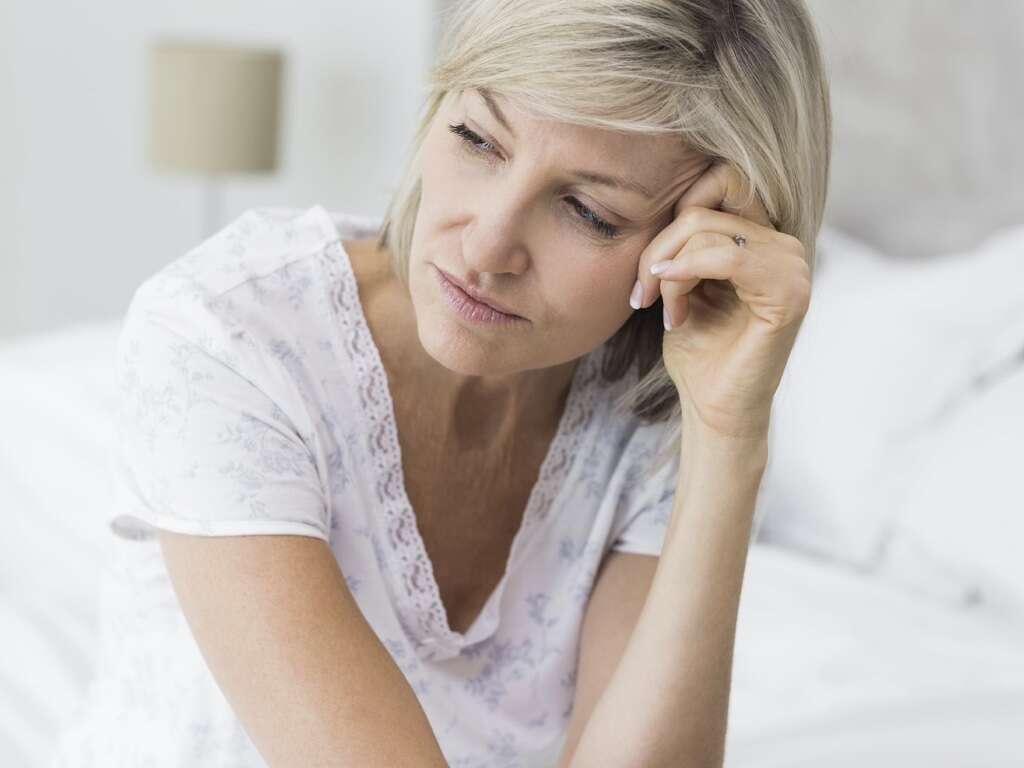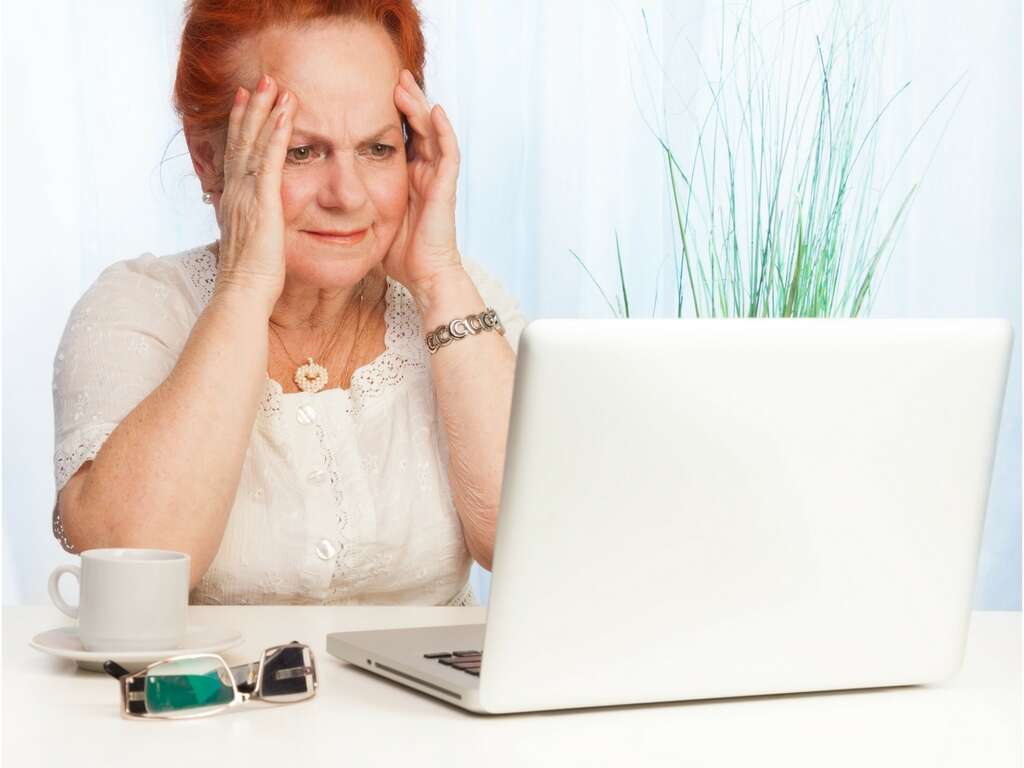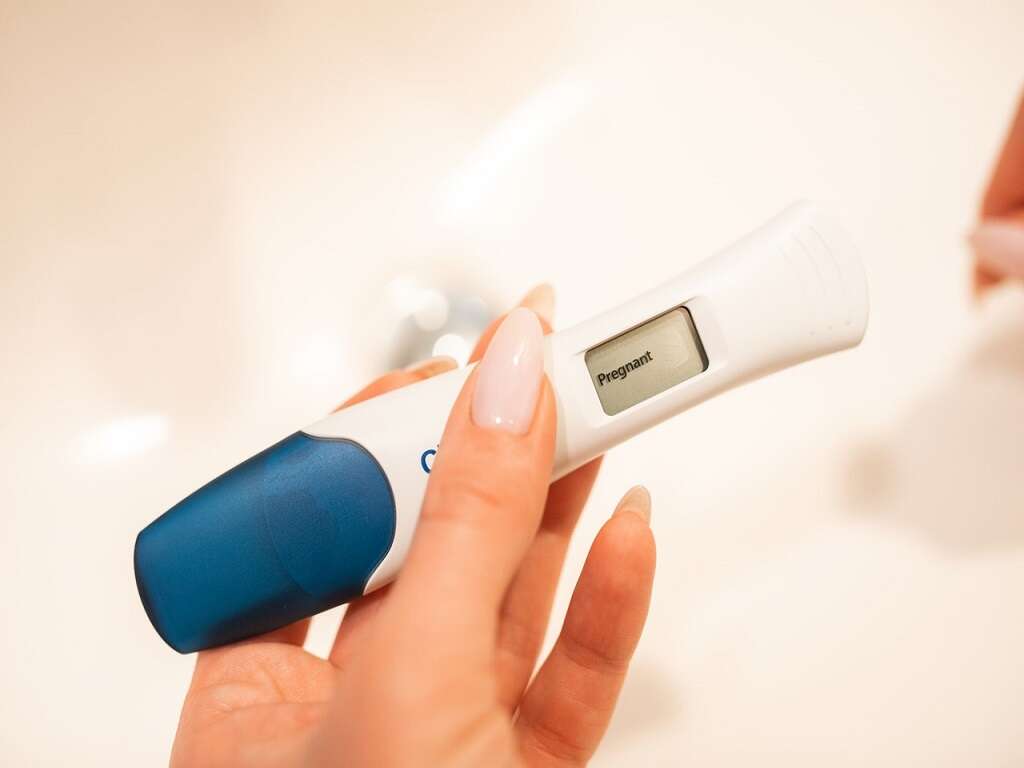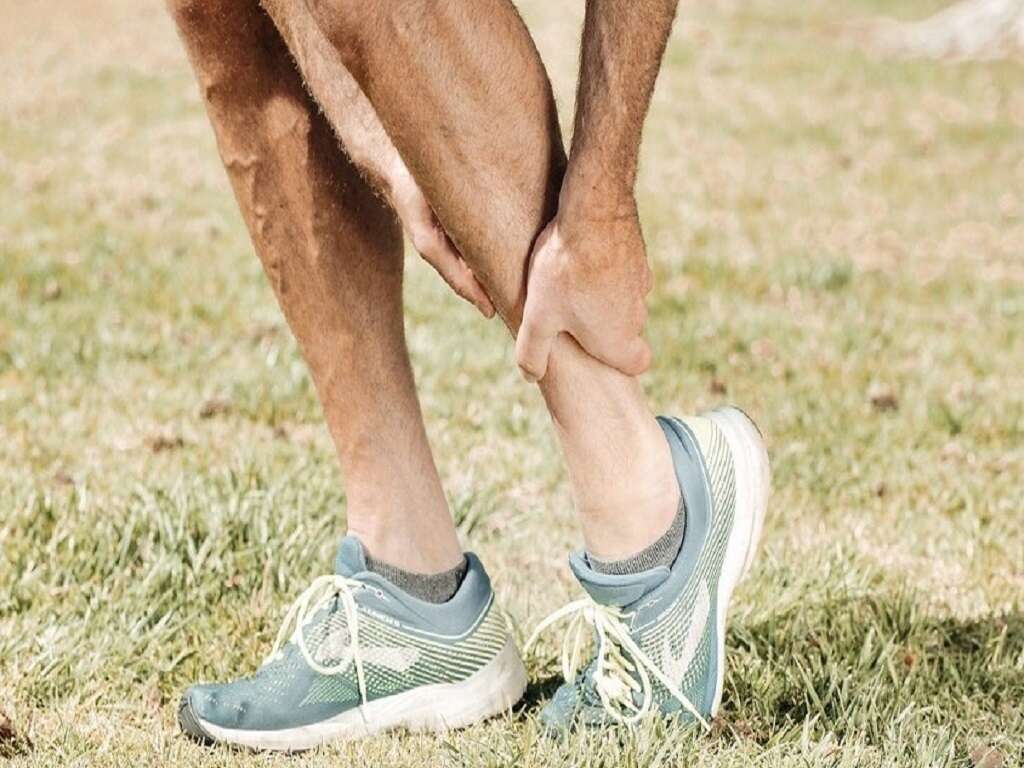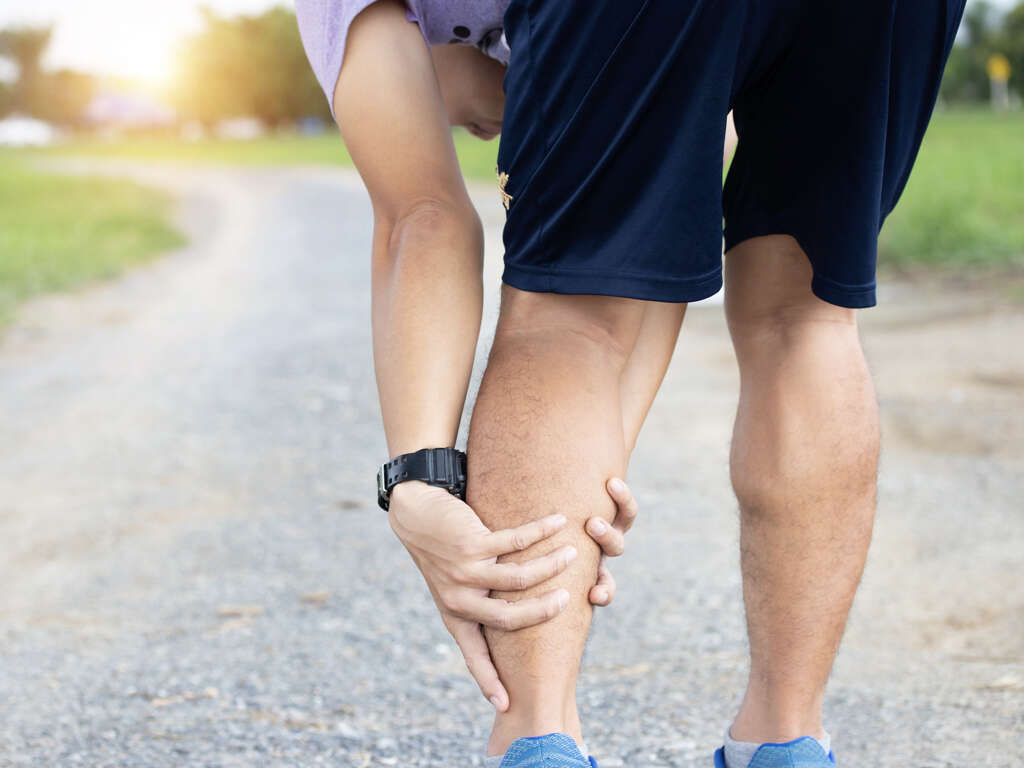10 Home Remedies For Cramps
The term “cramps” can be used to refer to muscle cramps or menstrual cramps. In this article, we shall be discussing menstrual cramps. Menstrual cramps, or dysmenorrhea, refers to pain that occurs during menstruation. Menstrual cramps usually occur around the time when menstruation begins. The pain is often felt in the lower abdomen, lower back, and pelvis.
For some, menstrual cramps are mild and tolerable. For others, it can be debilitating to the point where it disrupts daily activities for several days every month. While painful menstrual cramps can occur without an underlying issue in younger women, it often indicates that there may be underlying issues in older women. Some examples of these issues include adenomyosis, uterine fibroids, and endometriosis.
Treatment of the underlying cause is the key to reducing the pain. Menstrual cramps that occur without an underlying condition usually decrease with age and improve after childbirth.

Home Remedy #1: Exercise
Exercise is an activity that is performed to enhance or maintain health or physical fitness. It has been shown to help increase growth, development, strengthen muscles, slow down aging, improve the cardiovascular system, and help with weight loss.
Exercise can be performed both indoors and outdoors and presents an opportunity to socialize for many individuals. Exercise produces endorphins and can help with menstrual cramps. Besides alleviating menstrual cramps, it also helps decrease other symptoms such as cravings, moodiness, and low-energy.

Home Remedy #2: Heat
Heat has always been a popular home remedy for those who experience menstrual cramps. This can be done by using hot water bottles or heating pads that are placed on the lower abdomen to help alleviate the pain.
Some experts believe that menstrual cramps occur due to abnormal uterine contractions and blood vessel constriction in the smooth muscles of the uterus. With the application of heat, it is believed that it helps the smooth muscles to relax, reduce blood vessel constriction, and increase blood flow to the uterus. There are multiple small studies that reported heating pads help with menstrual cramps.
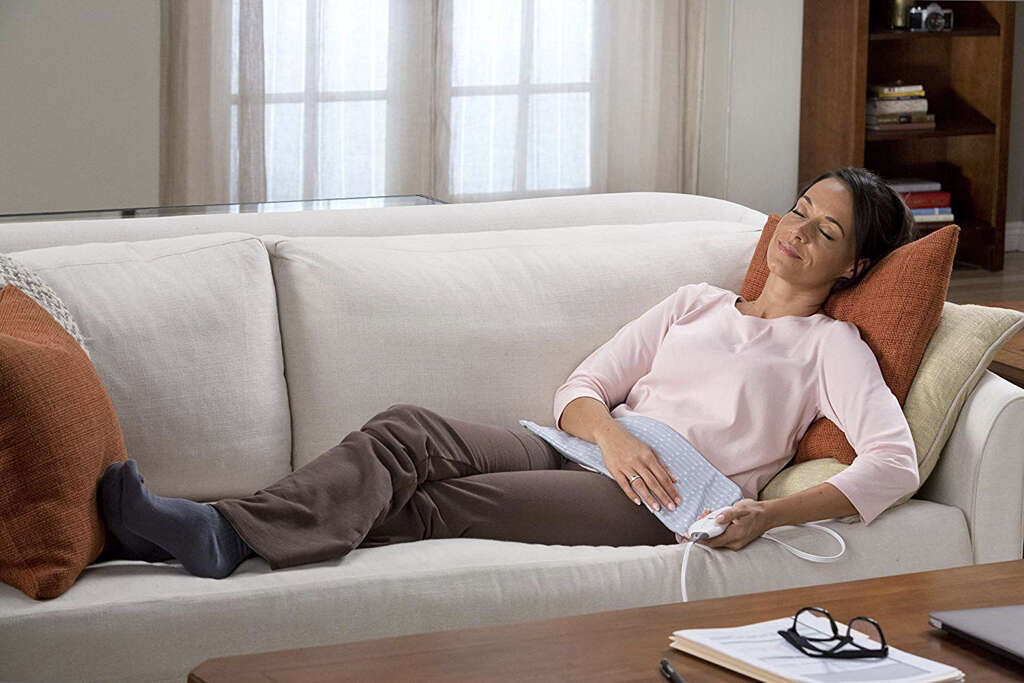
Home Remedy #3: Vitamin E
Vitamin E is one of eight fat soluble compounds. Vitamin E deficiency is rare and usually due to an underlying issue with dietary fat digestion. Worldwide, various organizations have recommended the consumption of 7 to 15 mg of vitamin E per day.
Some studies have found that individuals who take vitamin E supplements had lower risks of cardiovascular disease, dementia, cancer, and various diseases. Vitamin E has also been studied for the alleviation of menstrual pain. In one study involving 100 young women, these participants were given either 500 IU of vitamin E or a placebo for a duration of 5 days. The study reported that individuals who took vitamin E experienced lesser pain compared to those who took the placebo.

Home Remedy #4: Omega-3 Fatty Acid
Omega-3 fatty acids are polyunsaturated fatty acids. It can be divided into eicosapentaenoic acid (EPA), alpha linolenic acid (ALA), and docosahexaenoic acid (DHA). These fatty acids can be found in marine algae and phytoplankton. Other common sources include algal oil, walnuts, flaxseed oil, and hemp oil.
Omega-3 fatty acids are vital for the body’s normal metabolism. These components have been found to help decrease inflammation. Some studies found that women who take omega-3 fatty acids as a supplement experience less menstrual pain compared to those who take a placebo.

Home Remedy #5: Calcium Citrate
Calcium citrate is the calcium salt from citric acid. It is usually used as a preservative for flavoring purposes. It can also be found in some calcium supplements. Calcium is required for healthy bones. It has also been thought to alleviate menstrual cramps as it helps maintain muscle tone.
However, there is still limited evidence regarding its efficacy for its use in menstrual cramps. Calcium citrate is important as it is the form of calcium that is most easily absorbed by the body. Before taking calcium supplements, it is important to discuss it with your doctor.
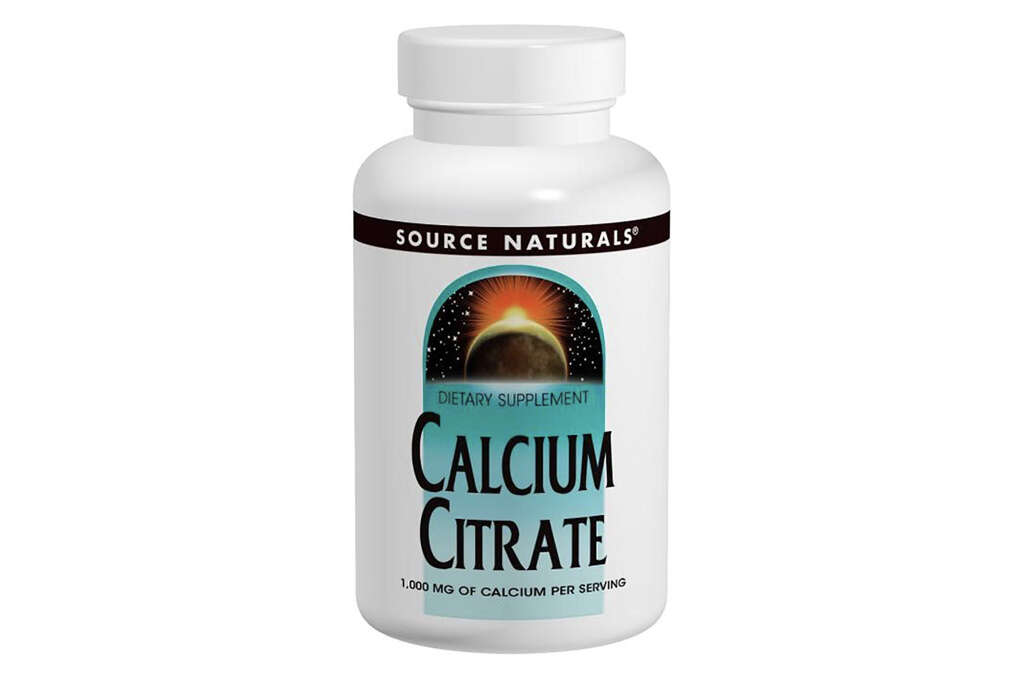
Home Remedy #6: Magnesium
Magnesium is an essential nutrient that is required for more than 300 biochemical reactions that occur in the body. It aids the maintenance and function of the nerve and muscles. It also strengthens bones and supports the immune system. Other functions include production of energy and regulation of blood glucose levels.
There are ongoing studies that look into the role of magnesium in diseases such as diabetes, high blood pressure, and heart disease. Magnesium can also help alleviate menstrual cramps as it normalizes the actions of various hormones on the central nervous system, reduces prostaglandins (that play a role in period pain), and relaxes the smooth muscles of the uterus.

Home Remedy #7: Cramp Bark
Cramp bark is also known as Guelder-rose or Viburnum opulus. Other common names include snowball tree, water elder, and European cranberry bush. It is a flowering plant that is of the Adoxaceaea family.
The fruit is edible and can be used to make jelly. Eaten in large amounts, it can cause vomiting and diarrhea. The name of the plant (cramp bark) is related to the ability of the bark to reduce smooth muscle tightness. It can be used to relieve menstrual cramps and general muscle cramps. To use it, peel the bark from the root, dry it, and make it into a tincture.

Home Remedy #8: Evening Primrose Oil
Evening primrose or Oenothera biennis is a plant native to North America. The oil is produced from the plant. Evening primrose oil have been used by various European settlers and Native Americans as a food source. It has been known to help alleviate the pain associated with menstrual cramps and improve skin conditions such as acne, eczema, and psoriasis. This is attributed to the oil’s anti-inflammatory properties.
Some studies have shown that the evening primrose oil also reduces other premenstrual symptoms such as bloating, breast tenderness, acne, water retention, irritability, and headaches. However, individuals with a history of seizures should not take the oil. It can also increase the likelihood of bleeding, especially among those who are taking blood thinning medications.

Home Remedy #9: Black Cohosh
Black cohosh or Actaea racemosa is also known as fairy candle, black snakeroot, or black bugbane. It is native to eastern North America and has been traditionally used by the Native Americans for the treatment of menopause and premenstrual symptoms. However, there is little to no high-quality scientific evidence that supports the use of black cohosh.
High doses of black cohosh have also been reported to cause dizziness, nausea, increased perspiration, and visual effects. Severe cases have led to liver failure and hepatitis. It is still being used by herbalists and homeopaths for menstrual cramps as they believe that it has anti-inflammatory and anti-spasmodic properties that reduce the pain.
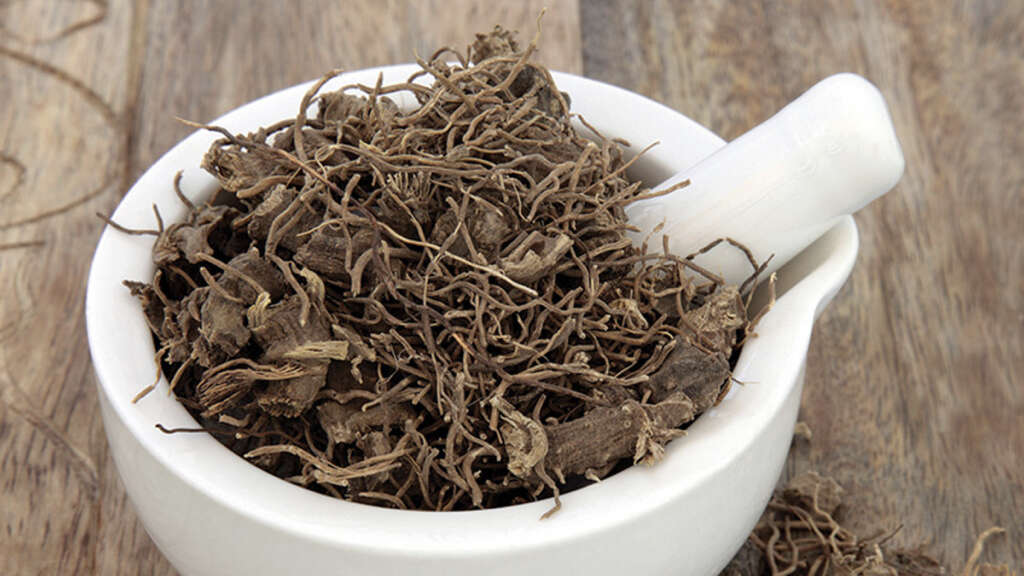
Home Remedy #10: Chaste Tree
Chaste tree, or chasteberry, is also known as cloister pepper, hemp tree, or monk’s pepper. It is a shrub scientifically known as Vitex agnus-castus. The dried leaves and fruit are used in traditional medicine. Since it contains progestins, iridoids, and flavonoids, it may have the potential to ease menstrual cramps.
Scientifically, there has been little to no high-quality evidence that proves its efficacy. Besides the alleviation of menstrual cramps, it is also believed to be beneficial for those experiencing menopausal issues, painful breasts, and uterine fibroid cysts. It may also help increase the production of breast milk.





